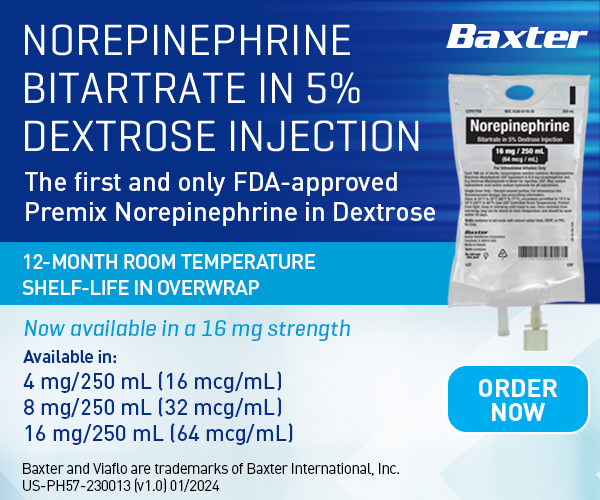ST. LOUIS — How does insomnia combined with chronic opioid analgesic use (OAU) affect veterans’ likelihood of having a new depression episode?
That was the question raised in a recent study published in the Journal of Opioid Management. Researchers from the Saint Louis University School of Medicine and the Harry S. Truman Memorial VAMC in Columbia, MO, pointed out that insomnia commonly co-occurs with depression, chronic pain and opioid use. In fact, the authors noted that both insomnia and chronic opioid analgesic use are independent risk factors for a new depression episode (NDE).1
Results indicated that the association between longer OAU duration and NDE was stronger in those with vs. those without insomnia.
The retrospective cohort study used VHA electronic medical records from 2000 to 2012. Included were nearly 71,000 veterans who were new opioid users in follow-up during the study period, ages 18-80 and were free of depression for two years.
The study determined that, compared with 1-30 day OAU, 31-90 day usage was associated with NDE in those without (HR = 1.20; 95% CI: 1.12-1.28) but not with insomnia (HR = 1.06; 95% CI: 0.86-1.32). Researchers reported that results showed a stronger effect of chronic (>90) OAU in those with insomnia (HR = 1.59; 95%CI: 1.27-1.98) compared to those without (HR = 1.31; 95% CI: 1.21-1.42). The authors cautioned, however, that all stratum-specific effects were not significantly different (p = 0.136).
“Although stratum-specific risks were statistically similar, there was evidence for a trend that chronic OAU is a stronger risk factor for NDE in those with versus without insomnia,” researchers explained. “Providers are encouraged to monitor sleep impairment among patients on opioid therapy, as sleep may be associated with greater risk for NDE in patients with chronic OAU.”
- Salas J, Miller MB, Scherrer JF, Moore R, McCrae CS, Sullivan MD, Bucholz KK, Copeland LA, Ahmedani BK, Schneider FD, Lustman PJ. The association of opioid use duration and new depression episode among patients with and without insomnia. J Opioid Manag. 2020 Sep/Oct 2020;16(5):317-328. doi: 10.5055/jom.2020.0587. PMID: 33226089.

